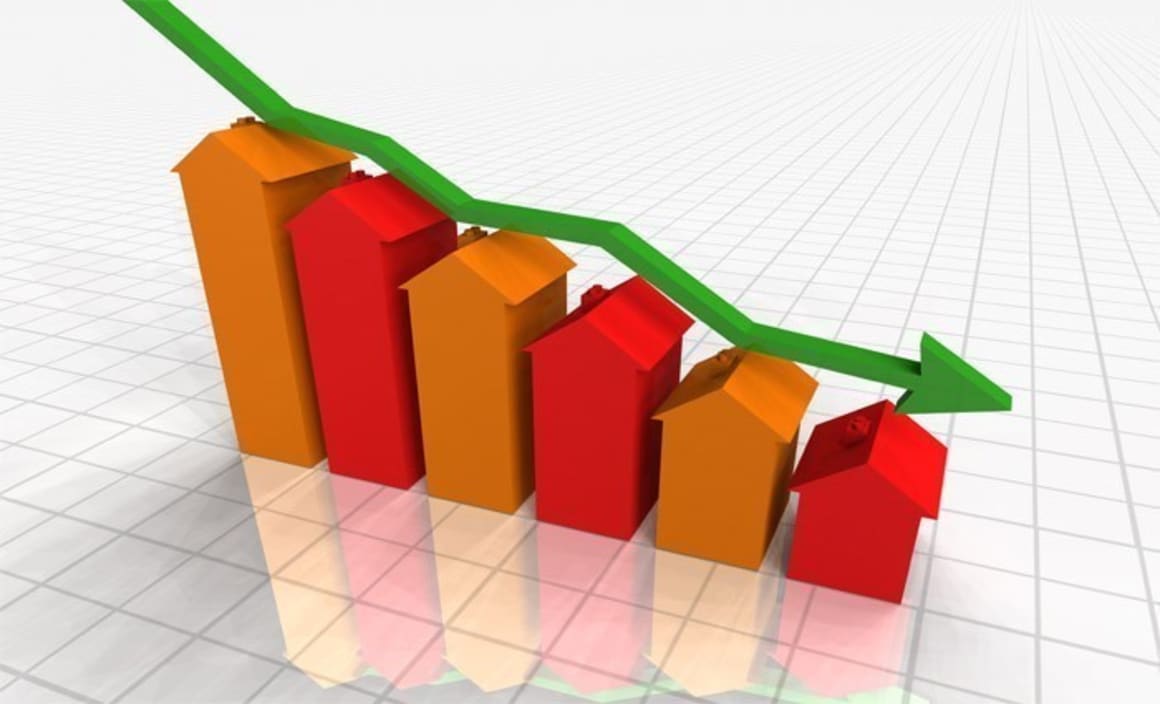National rental vacancy rates drops over June: SQM Research

The national residential rental vacancy rate recorded a decrease over the month from 2.5% in May to 2.2% throughout June 2020, according to the latest data from SQM Research.
The financial year ended with the total number of vacancies Australia-wide now at 77,132 vacant residential properties.
This time last year, the national vacancy rate was slightly higher at 2.3%.
All capital cities recorded declines in vacancy rates over the month.
Sydney currently has the highest vacancy rate in the nation at 3.8%, having declined by 0.2%, followed by Melbourne with a vacancy rate of 3.0%, declining by 0.1%.
Hobart’s vacancy rate is the lowest in the nation at 0.9%, having declined by 0.4% over the month.
Darwin recorded the largest decline in rental vacancy rate of 0.5% to now record a low vacancy rate of 1.8%.

Even among the capital city CBD locations, there have been declines in vacancy rates over the month. Sydney CBD has dropped to 13.8%, down from 16.2% in May, Melbourne’s CBD and Melbourne Southbank have also declined to 8.8% and 16.2% respectively.
Adelaide CBD has dropped to 7.1% and Perth CBD is now 5.3%.
However, Brisbane CBD’s vacancy rate has increased from 13.3% in May to 14.0% and Sydney’s Palm Beach is now 18.0%, up from 16.7% in May.
Over the month, Capital City asking rents decreased 3.1% for houses and 4.5% for units for the week ending 12 July 2020 to record asking rents of $534 per week for houses and $421 per week for units.
Sydney, Melbourne and Adelaide recorded declines in asking rents for both houses and units over the month, whilst Brisbane and Perth continue to record increases in house and unit asking rents.
Canberra and Darwin have had declines in house asking rents but recorded increases in unit asking rents.

"We believe the surprise fall in vacancy rates is due to Airbnb property owners giving up on the longer term leasing market and moving back to short term leasing, especially in light of the July school holiday period and the opening of some state borders," said Louis Christopher, the managing director of SQM Research.
The fall in rents over the same period for a numbers of our capital cities suggests that the weakness in the rental market remains.
Going forward, our expectation is the Australian rental market will remain weak for the duration of 2020 or until such time as the international border reopens and we as a community have past the worst of COVID19."